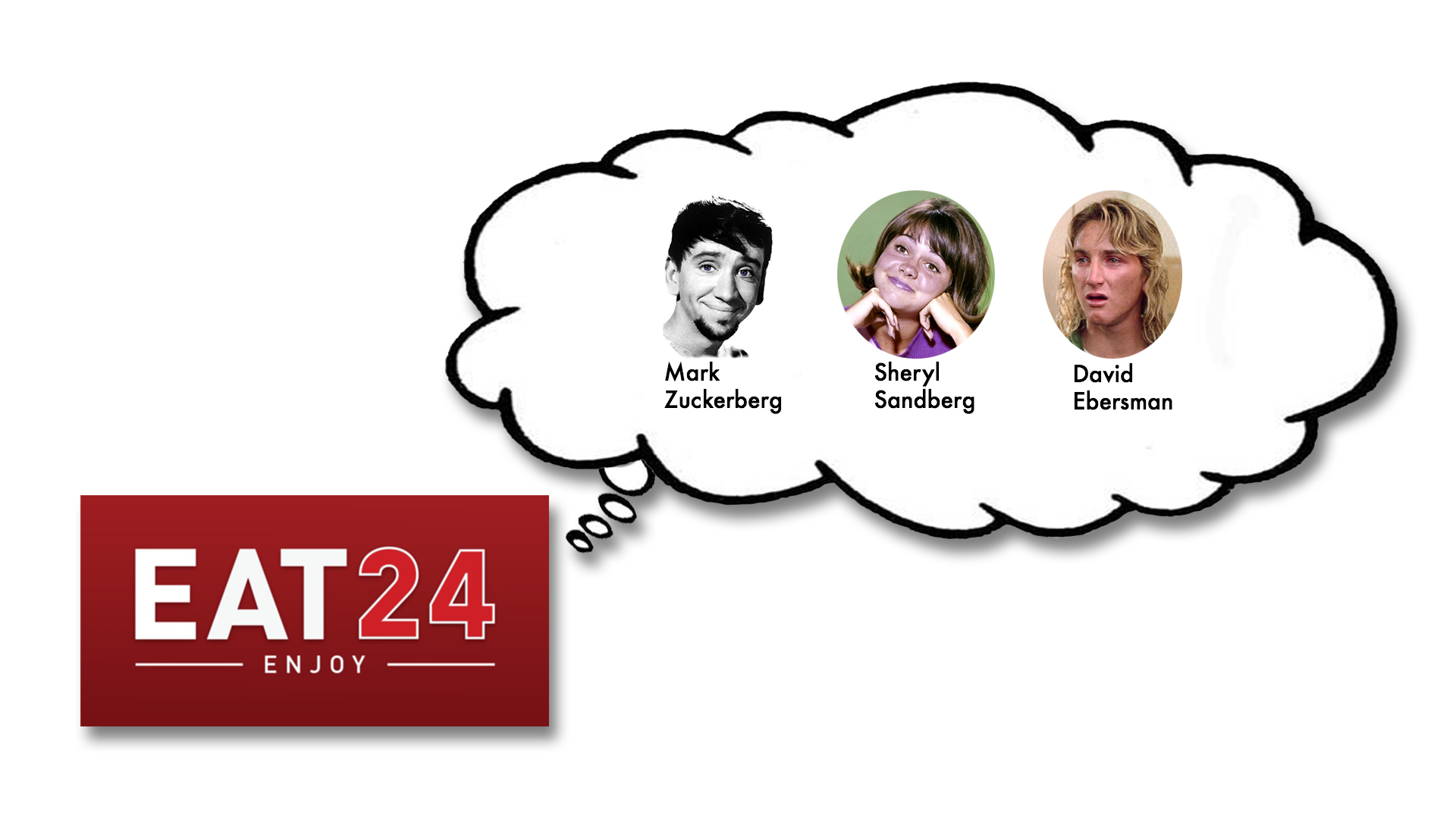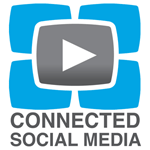Facebook’s Charge for Page Boost is a Content Marketing Opportunity
If you administer a page for a business on Facebook you know the platform is making it harder to reach people who have liked your page. Facebook wants you to pay to boost your reach as well as to freely engage with followers. And in fact, as Social@Ogilvy’s research indicates, you’ll eventually have to pay to reach just one person.
But there’s no need to worry about strategy in a system that charges for advertising. The world of business messaging before the Internet — advertising on radio, television, print, and billboards — offered zero organic reach and it was expensive. Companies had to make every second and every word count. And ads weren’t only costly to publish or air, they took a small fortune to make.
But the Internet is a much larger place with low barriers to entry and plenty of competition. Unlike broadcasting outlets, limited to a fixed number of over-the-air frequencies per market or bundled by cable and satellite operators, web media is less prone to the effects of artificial scarcity. Facebook knows it can’t raise prices willy nilly because supply can easily be created elsewhere. Still, marketing on the web will eventually cost something on social media platforms, but in terms of cost per thousand remains cheaper than using traditional media.
Therein lies the opportunity for marketers. I believe free marketing is actually a negative for campaigns. Just as the effectiveness of direct email is watered down by the large quantity of spam that users have to contend with, low and no budget campaigns are faced with launching messages into a sea of noise.
The dwindling organic reach on Facebook isn’t the end of the world but an open door. Armed with the knowledge of how media companies really operate, you have a head start in understanding how to develop content marketing strategies.
Media Realities
[1] The media business is still the media business, even on the Internet. Facebook is a media company. It attracts an audience and then sells the audience’s attention to advertisers and marketers.
[2] The Internet media environment is subject to an essentially limitless supply of communication and social media platforms and channels, which keeps advertising and marketing prices lower than in traditional media. This may change with new net neutrality rules, but for now this is what is.
[3] The bad news: there is no free lunch in reaching an audience. It’s been free in the beginning. Players like Facebook, Twitter, Pinterest, et. al., are only just figuring out how to monetize the audiences they attract.
[4] The good news: ad and marketing costs are a barrier to the vast majority of content-centric noisemakers. Plus, you don’t want to make cheap media in a strategy that if it doesn’t work there was nothing to lose.
[5] Users create Facebook’s content. Every word you write on a status update is content. Every person who reads your status update is a Facebook audience member.
[6] Every person who consumes something on Facebook belongs to Facebook’s audience, just as every person who watches a Chevy commercial on NBC belongs to NBC’s audience. As an advertiser or marketer, you’re just renting.
[7] The web has not disrupted storytelling. It has disrupted marketing. In traditional marketing you pay someone (like NBC, The New Yorker, etc.) to attract people with content they desire and then place your message in front of them. On the Internet you the content marketer are on the hook for creating media that attracts an audience.
[8] You attract an audience with real content not with ads, i.e., people are not attracted to media that tries to persuade them to buy a product, adopt a belief or divulge personal information.
Get Ahead of Conventional Wisdom
The dismay over Facebook’s moves to tap more revenue from marketers and small companies comes from a fundamental misunderstanding of what the company is. But I think marketers can use the news of Facebook’s recent changes as a kind of trial balloon to improve their media intel.
“This is what happens when Facebook controls the signal and it defines you as noise,” goes the headline of one article about how Facebook mistreated businesses by changing its algorithm and charging for reach. And another online report defends Facebook page owners who, “worked hard to entice people to Like their Page.”
Eat24, an online food ordering business, wrote in a blog post gone viral, “You lied to us and said you were a social network, but you’re totally not a social network.” What kind of social network could they be referencing? Apparently, not one run as a business.

This, perhaps, is social media’s grand conceit. CEO titles like Head Mambo Teacher, Hustler, or Grand Poobah at some point in the future will elicit groans but for now they communicate, “we’re not about money, but being groovy and having fun.” It appears Eat24 buys into this image of a social network with the foosball table in the middle of the room and the company logo emblazoned on a surf board hanging from the ceiling. So, of course, what Facebook did was highly ungroovy and outrageous.
Facebook gave their value away to marketers in the beginning. It’s difficult to say it was by design. Mark Zuckerberg and his early team had only notions of how to make advertising work on the platform. But once you give something away unintentionally, it can be hard to take it back peacefully. The recipient is going to feel ripped off even though they paid little to nothing, with no formal agreement in place, to market on Facebook’s platform so that they could make money.
To you marketers, just know a significant number of people believe Facebook is somehow in the wrong. Even Valleywag, which loves to denigrate the tech crowd, fails to observe the bottom line and sides against the social network: “Facebook pulled the best practical joke of the internet age: the company convinced countless celebrities, bands, and “brands” that its service was the best way to reach people with eyeballs and money. Maybe it is! But now that companies have taken the bait, Facebook is holding the whole operation hostage.”
Whatever.
It’s your cue to move ahead with strategies that align with reality.
###

